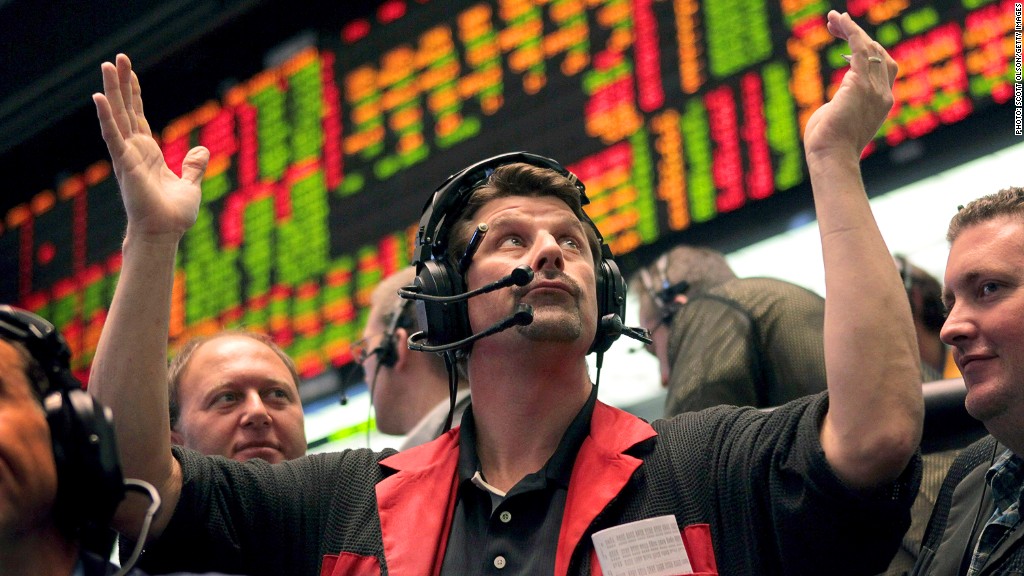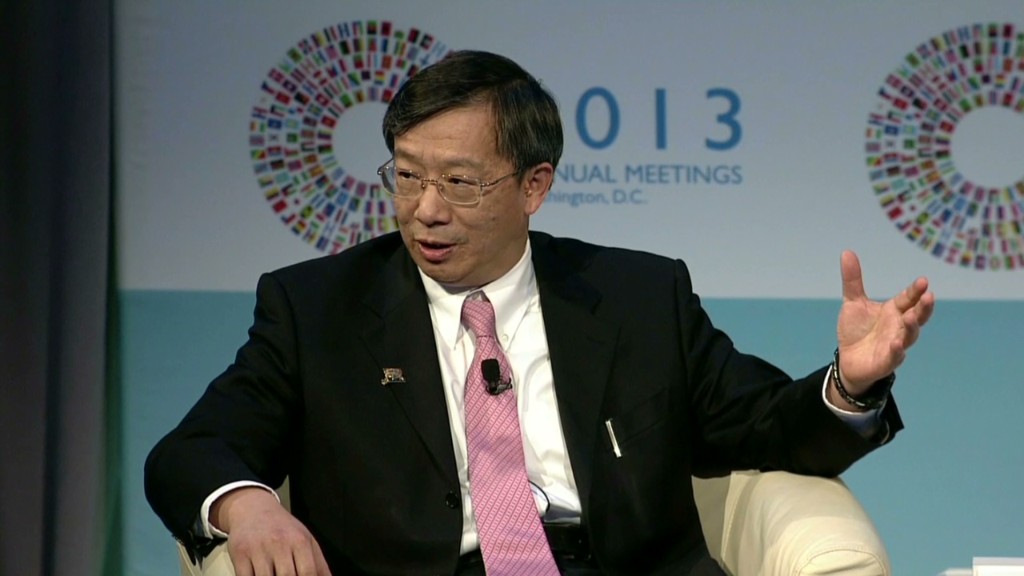
Investors may still believe a U.S. default is unthinkable but the people who run financial markets appear much less comfortable in taking that risk.
The Chicago Mercantile Exchange (CME), which operates the world's biggest derivatives market, is asking investors to stump up more cash to trade in financial products that provide protection against rising interest rates.
Trade in these "interest rate swaps" is one of the most liquid markets around, with outstanding notional volumes of about $490 trillion at the end of 2012, according to the Bank for International Settlements.
The contracts are often cleared through exchanges such as CME and Eurex, operated by Deutsche Boerse (DBOEF).
CME said it would gradually apply an additional "event risk" margin of 12% to all over-the-counter interest rate swaps due to the "additional uncertainty brought by the debt ceiling debate."
The margin will rise by 3% on Wednesday and by the same amount each day for the next three days.
Related: 6 ways a default could hurt the world
Disarray in Washington has sent interest rates on short-term Treasuries higher, and big money market funds run by Fidelity, JPMorgan (JPM) and Charles Schwab (SCHW) have reduced their exposure to U.S. debt maturing in late October and November.
CME said the move was temporary and subject to review.
"It will be rolled back upon resolution of market uncertainty stemming from this specific event risk," it said in a statement.
Chicago is not the only exchange getting worried about its possible exposure to the shock waves that a U.S. default would unleash on world markets.
Earlier this week, Hong Kong cut the value of short-term Treasury bills held as collateral.
The local exchange said that Treasury bills maturing within a year would be discounted by 3%, rather than 1%.
Related: Fitch puts U.S. on notice for possible downgrade
Many financial institutions have also admitted that they're still engaged in debt disaster planning.
Citigroup (C) CFO John Gerspach said Tuesday that the bank "remains hopeful" a deal can be worked out to avoid a default. But he added that "hope is not a plan" and that the bank has prepared for different contingencies over the past few weeks.

Apart from warning of the risks to the world economy, central banks have largely been silent on what measures they would take in the event the U.S. is unable to pay all its bills.
But Jon Cunliffe, who takes charge of financial stability at the Bank of England next month, said Monday that lessons had been learned from the crisis of 2007-08, particularly with regard to the speed with which a U.S. shock would ripple through the financial system.
"I would expect the Bank of England to be planning for it, and I would expect private sector actors to be doing that," he told U.K. lawmakers. "There is some anecdotal evidence that banks and others are thinking about how they would manage this."


